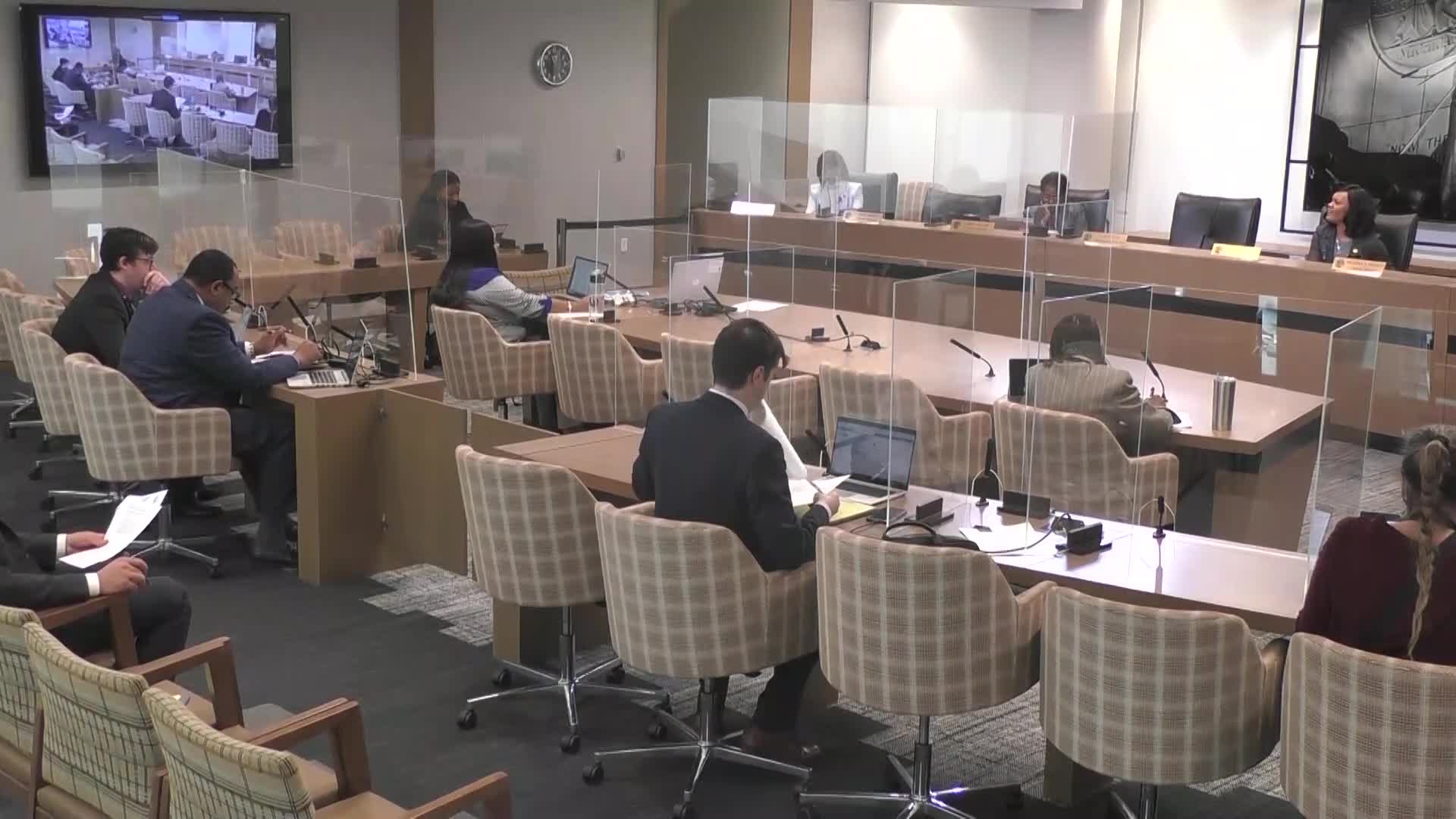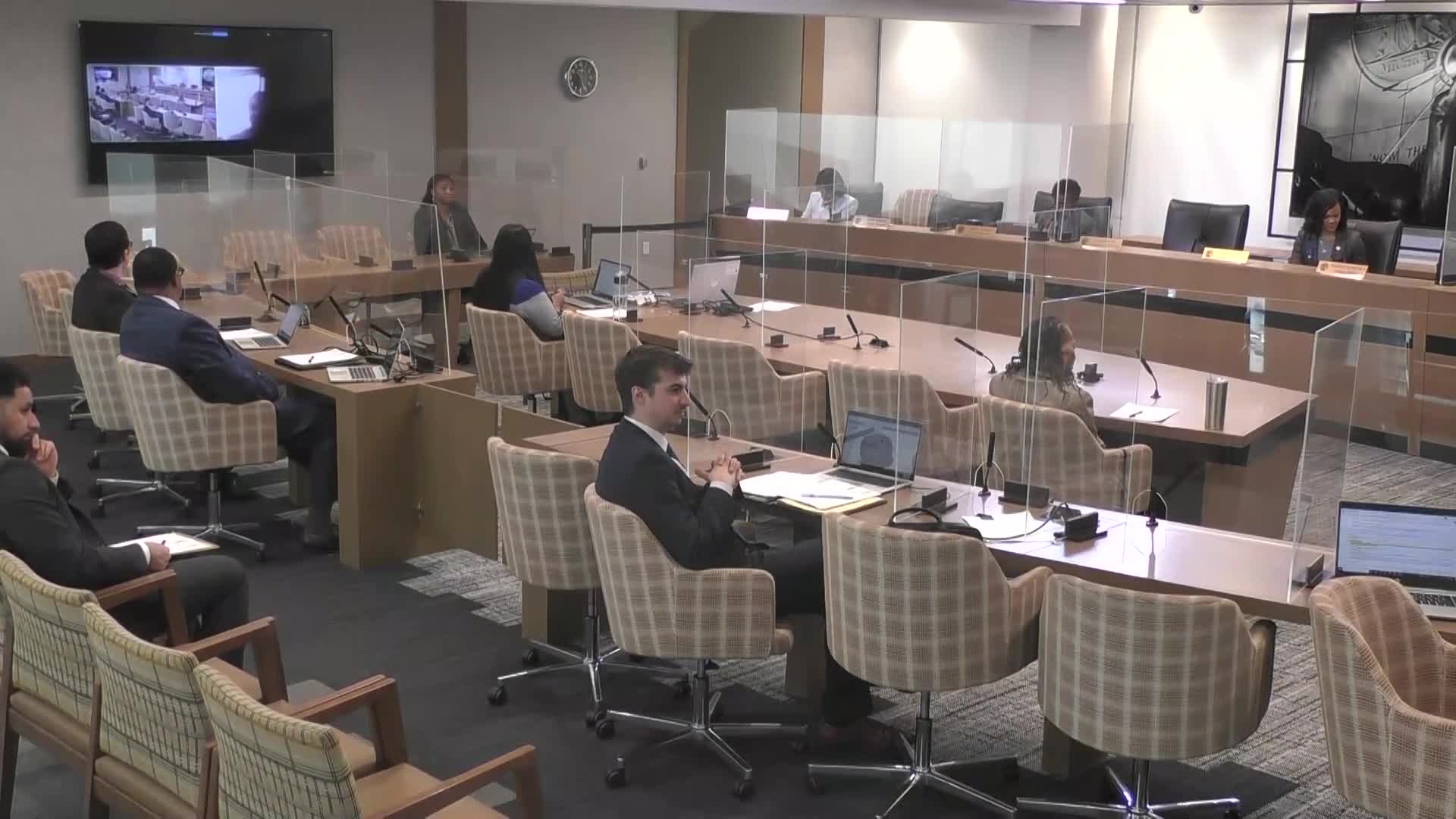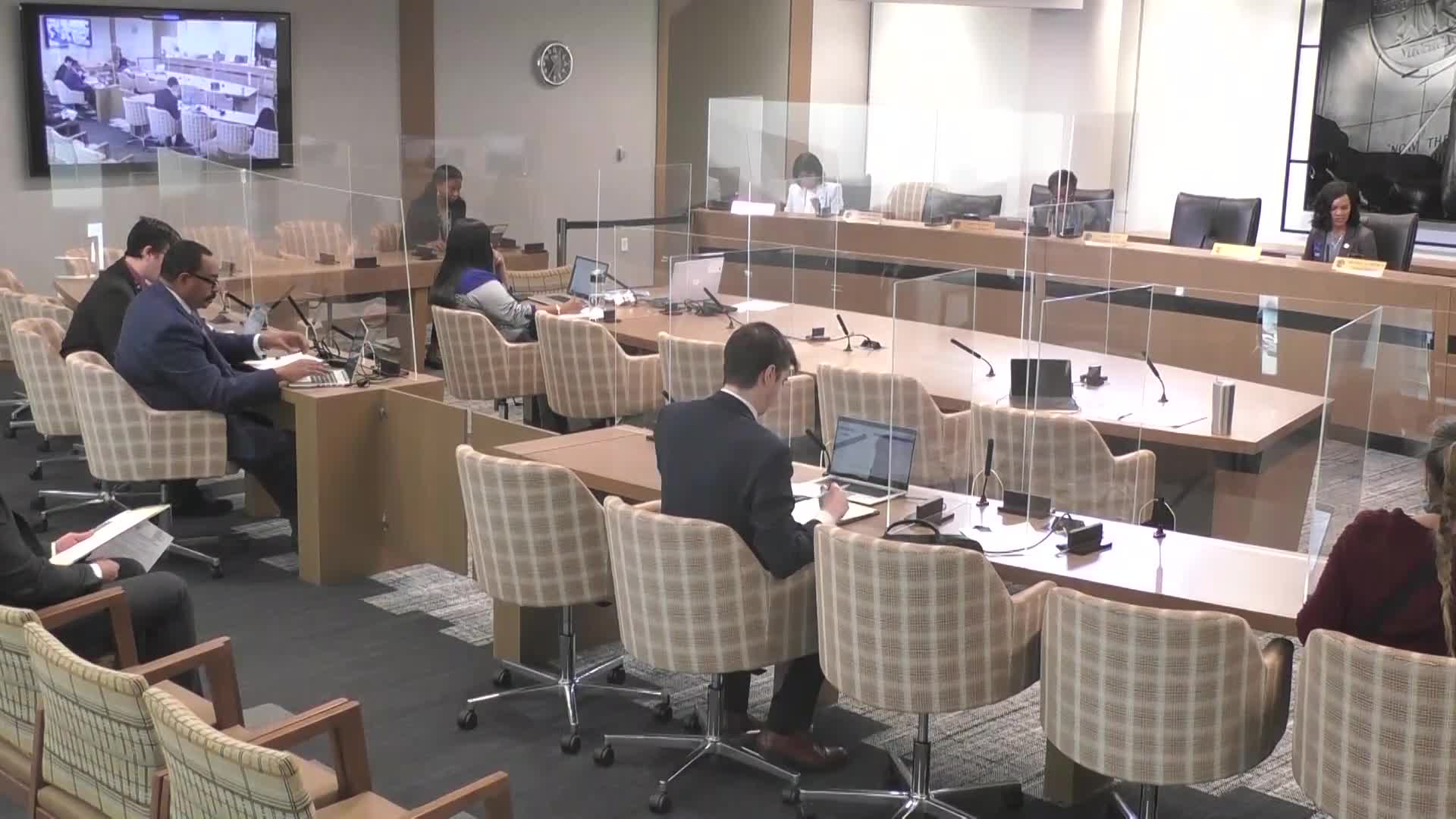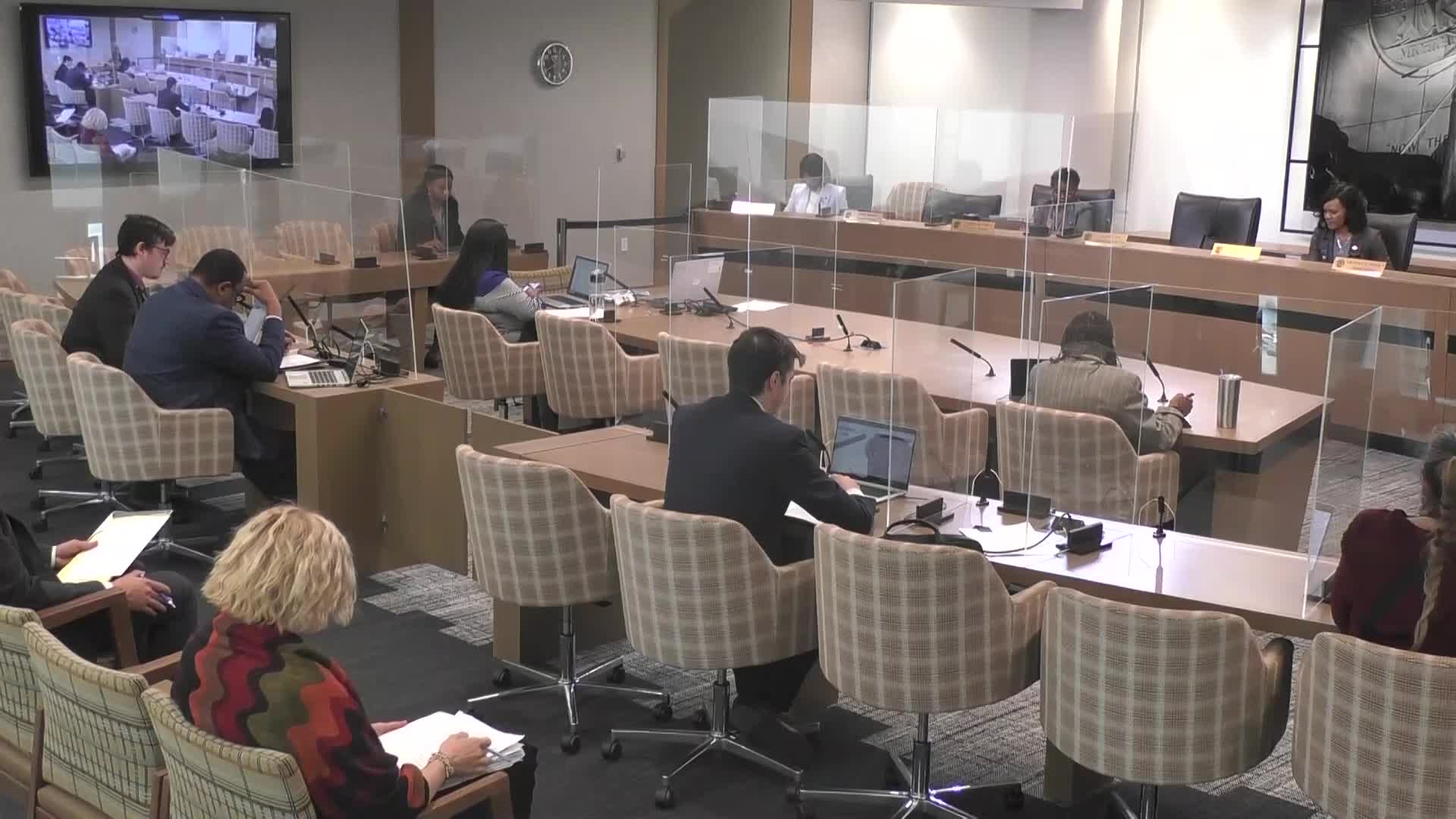Article not found
This article is no longer available. But don't worry—we've gathered other articles that discuss the same topic.

Committee actions: settlements, contract extensions and appointments summarized

Committee moves two industry-standards board nominees to formal session after interviews

Committee delays approval of $650,000 amendment for city legal services; requests written clarification

